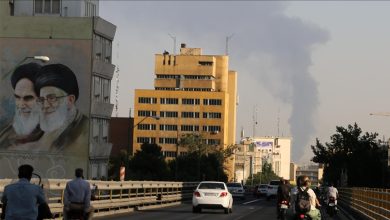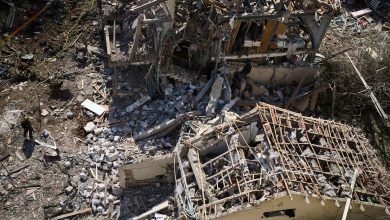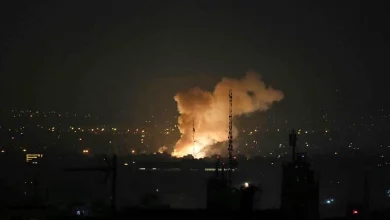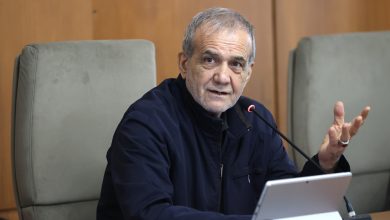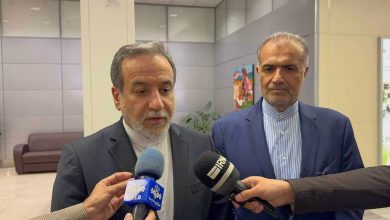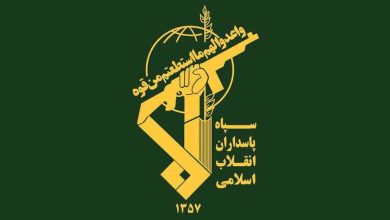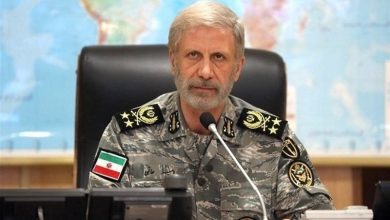Witkoff Massacre Highlights Alleged US Involvement in Rafah Famine Crisis
Palestinians have labeled the recent incident in southern Gaza as the "Witkoff Massacre," a designation highlighting perceived U.S. involvement in what is widely being criticized as a deliberate attack on civilians suffering from hunger in the city of Rafah.
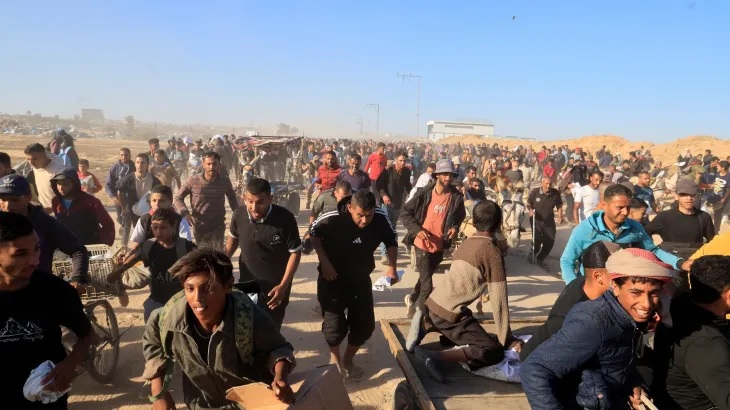
In southern Gaza, the incident now referred to as the “Witkoff Massacre” has stirred significant controversy, with Palestinians pointing to alleged U.S. involvement in what is being widely described as a deliberate attack on starving civilians in Rafah.
Palestinian writer Abdullah Al-Arqabawi has identified the name as referring to Steve Witkoff, a prominent American real estate mogul known for his strong support of Israeli Prime Minister Benjamin Netanyahu. Witkoff has publicly endorsed the military actions in Gaza, advocating controversial measures such as employing famine as a strategic tool in warfare.
Al-Arqabawi announced on X that a project is being named in honor of Steve Witkoff, noting that Witkoff is a supporter of Netanyahu and is allegedly backing actions described as a war of extermination and starvation against Gaza.
He stated that these are the same “aid supplies” that Witkoff previously proposed should be used as leverage, suggesting they be exchanged for information on Israeli captives.
He described the situation as “terrorism in its purest form.”
In the pre-dawn hours on Sunday, reports emerged of a tragic incident involving Israeli forces targeting Palestinians waiting for food aid near a distribution site in Rafah. Preliminary accounts suggest that at least 40 individuals lost their lives, with hundreds more suffering injuries.
Al-Arqabawi described the massacre as the most recent consequence of what he termed the “death mechanism” for aid delivery. He criticized this process as inhumane, attributing its creation and enforcement to both Witkoff and Netanyahu.
“This underscores the illusion surrounding the adversary’s capacity to control Gaza or establish stability in the region. They are apprehensive of the isolated and starving populace, yet those individuals remain unshackled.”
He urged the Egyptian population to express their outrage and insist on the immediate opening of the Rafah Crossing, irrespective of political ramifications, to facilitate the delivery of essential goods and humanitarian aid to Gaza.
He further noted that the lack of action from Arab entities is a calculated and official decision aimed at dismantling Gaza and undermining its resolve.
In a critical analysis, commentator Marwa Al-Rawahi categorically rejected any implications of humanitarian motives, asserting that, “These are not mediators. They are not humanitarians. What is labeled as US aid is merely an extension of the occupation, serving as an element of the partnership in violence and annihilation.”
On Tuesday, Israeli forces established their inaugural aid distribution facility in the perilous Tel Al-Sultan neighborhood of Rafah. The operation resulted in the death of several civilians and left 50 others injured as they attempted to reach the aid.
In the wake of ongoing tragedy, the Israeli military continues to operate a mechanism of aid widely criticized for its lethal nature, having established two additional access points in Meraj, Rafah, and Netzarim, located in southern Gaza. Reports indicate that Palestinians are routinely being shot or killed while trying to access these purported lifelines.
Palestinian factions have expressed their strong disapproval of U.S. envoy Steve Witkoff, attributing him with responsibility for the ongoing violence. Witkoff has been criticized for consistently aligning with Israeli stances while dismissing proposals put forth by Palestinian groups in reaction to changes made by Netanyahu to the ceasefire framework.
The Popular Front for the Liberation of Palestine (PFLP) has released a robust statement denouncing the events in Al-Mawasi, Rafah, characterizing them as a “genocidal crime with international complicity and direct American involvement.”
The organization attributed responsibility for the massacre to the Israeli occupation and the US administration, stating that it resulted in the deaths of numerous Palestinians who were merely seeking humanitarian assistance.
The PFLP has asserted that the recent events amount to a clear war crime, underscoring once more the essence of the Zionist venture as one rooted in acts of genocide.
The statement described the “safe corridors” as turning into execution sites, where vulnerable and displaced individuals are enticed only to be brutally killed, all witnessed by the international community and allegedly with the support of the United States.
The Popular Front for the Liberation of Palestine (PFLP) issued a statement expressing concerns that the so-called “humanitarian corridors” are merely a tactic employed by Zionist forces as part of a continued campaign of eradication.
Accusing actions taken against the starving as excessively brutal, the statement asserted that these actions surpass the atrocities committed by the Nazis and fascists.
The Popular Front for the Liberation of Palestine (PFLP) has urged urgent international and Arab intervention to stop the continuing violence, implement stringent accountability measures against Israel, and lift the blockade on Gaza without delay. The group also called for an end to the “safe corridors” initiative and advocated for the resumption of aid distribution via reputable international organizations, notably the United Nations Relief and Works Agency (UNRWA).
In what is emerging as a particularly devastating chapter in the ongoing conflict in Gaza, the incident being referred to as the “Witkoff Massacre” is regarded by observers as a pivotal and grim event. It highlights the intersection of famine, international intervention, and systemic violence, revealing the harsh realities of a war executed not only through bombings but also via enforced starvation.

